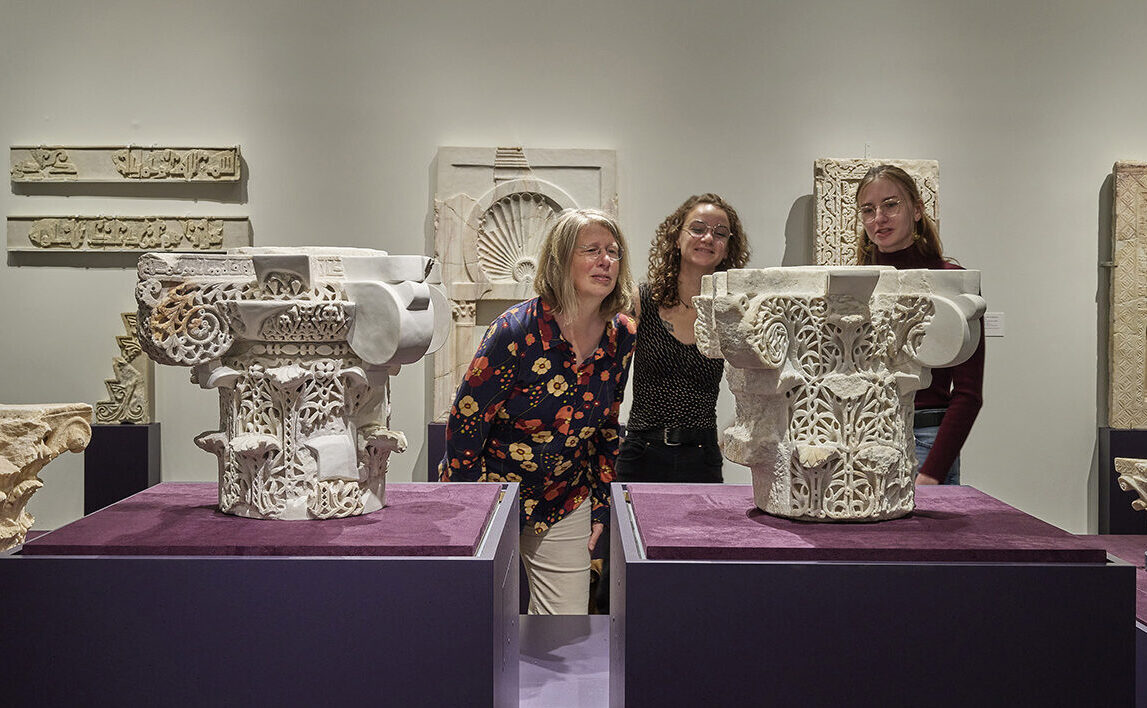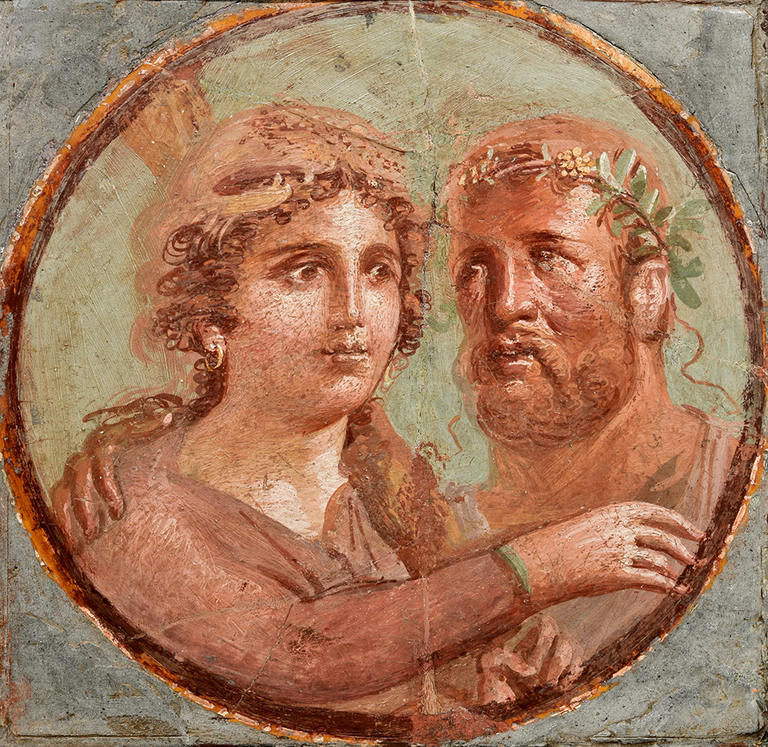Institute for the Study of the Ancient World



ISAW is a growing community of faculty, visiting scholars, students and alums devoted to creating a new connected understanding of antiquity. Our work builds on specialized knowledge of ancient languages, archaeological science, and the traditional historical and anthropological disciplines. But our objective is to study themes that can be traced across the continents of Asia, Africa and Europe and beyond.
The creation of the Institute for the Study of the Ancient World (ISAW) at New York University is rooted in Shelby White and Leon Levy’s passion for ancient art and history, which led them to envision an Institute that would offer an unshuttered view of antiquity across vast stretches of time and place.
ISAW was created in 2006 by a gift from the Foundation to New York University. It is the Foundation’s largest undertaking and has become an established leader in the field of ancient studies.
A center for advanced scholarly research and graduate education, ISAW aims to encourage the study of the economic, religious, political, and cultural connections between ancient civilizations. It offers both doctoral and postdoctoral programs, with the aim of training a new generation of scholars who will enter the global academic community and become intellectual leaders.
ISAW focuses on the shared and overlapping periods in the development of cultures and civilizations around the Mediterranean basin and across central Asia to the Pacific Ocean. The approaches of anthropology, archaeology, geography, geology, history, economics, sociology, art history, digital humanities, and the history of science and technology are as integral to the enterprise as the study of texts, philosophy, and the analysis of artifacts. ISAW’s Director and permanent faculty determine particular directions of research, with historical connections and patterns always being central to its mission.
ISAW’s public presence matches its vision, engaging both the public and scholars worldwide through exhibitions, public lectures, publications, and other programs reflecting the bridging of disciplines and ancient peoples.
